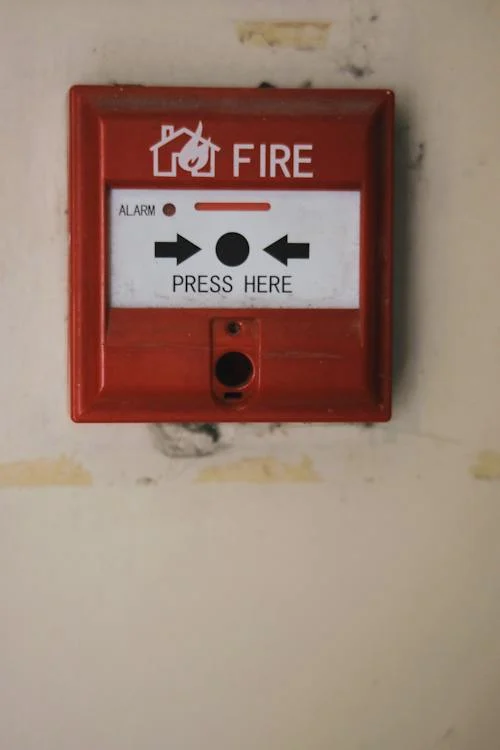Security of your premises is important to ensure everything is safe. False alarms can decrease trust in the system leading less notice to be taken. The Lock Boss share some tips on how to avoid false alarms.
Train and educate employees. Train employees on the right opening and closing procedures, as one of the ways to prevent false alarms. Any employee within the business during opening or closing hours needs to be offered some training in basic alarm prevention measures. Employees need to be shown the doors they’ll use while entering and exiting the building, as well as be given any alarming or passcodes they may require while carrying on their business on the premises. The central monitoring station should also be made aware of new users who’ve been granted permission to give passcodes or disable the alarming unit. Your employees should ensure all doors and windows are locked before alarming the system.
Keep everyone updated. If any changes occur to the alarm system, let the central monitoring system know about them. The central monitoring system needs to know of changes that take place, such as changed passcodes as well as the addition or removal of authorized employees. You must also ensure that all employees are aware of changes to the passcodes and the alarming system.
Do regular maintenance. False alarms can be prevented by carrying out regular maintenance to all the systems. Shorts in the system or low battery power can result in false alarms, but the good thing is all these can easily be prevented. Older systems usually connected to the police station need to be brought down and replaced with modernized ones. Their direct connection to the police station doesn’t in any way help to provide monitoring. Wet phone lines together with service interruptions often bring about false alarms making the police respond. It’s also good to hold timely meetings whereby you can review alarm procedures and give reminders on the way to turn off the alarm in case it’s activated accidentally. To check if your alarm system is outdated, click here and be sure.
Acquire a dual-action device A dual device can help big time in reducing the occurrence of false alarms, cause accidentally for businesses that depend on wireless holdup devices.
What causes false alarms?
Excessive access to premises. The public, suppliers, vendors as well as service providers having free access to your buildings. The alarm system should remain deactivated during business hours, and only panic devices must be left active. Sometimes vendors may need to access the place even after business hours. You need to check the processes of activating and deactivating the alarm system with the responsible individuals.
Wrong opening and closing methods. If employees use the wrong procedures to open or close, they may trigger a false alarm, and this might prompt the police department to respond.
Businesses that receive high turnover on a daily basis, experience a higher number of false alarms than the rest whose turnover is lower due to the challenge of updating everyone on the right procedures to avoid triggering the alarms.
Decorations, including holiday decorations, may tamper with motion sensors. Moving or freely hanging decorations can disturb motion sensors when set up in a monitored place. Decorations being moved by air coming from fans or outside can trigger motion sensors if they are too close to each other.
If you’ve installed large rolling doors on your business buildings, consult with a technician who’ll ensure the sensors are placed appropriately to prevent the wind from rattling the doors and tampering with the alarm. False alarms can be prevented on the door contacts by making sure both contacts are activated before triggering an alarm. There need to be contacts placed on both sides, four to five feet above the ground and the other two seven to eight feet above the ground. If all the sensors are triggered, then there’s a high likelihood that there’ll be a real alarm.
Rodents, wildlife, and even cats are known for setting off motion detectors. Consult with your alarm installer to find out if you require advanced motion sensors that’ll solve the problem of false alarms.
The effects of false alarms
Most localities usually impose fines on individuals who constantly disturb with false alarms. You should try as much as possible to reduce the possibility of false alarms by updating your monitoring center on authorized alarm users, plus thoroughly training all employees on the right opening and closing procedures, and deactivation in case of accidental alarming. Such precautions help prevent the occurrence of false alarms. False alarms affect the business by increasing costs, and they inconvenience workers in the businesses and those tasked with responding to the alarms. Reducing false alarms ensures that whenever an alarm comes from your business, there’s an instant response from outside.

